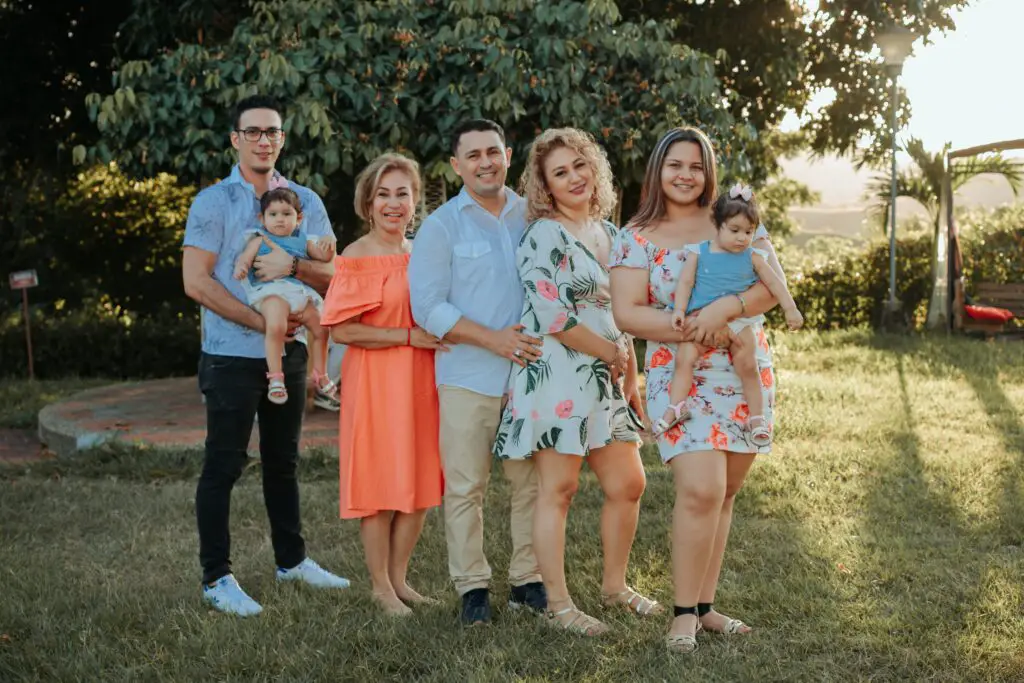Exploring the Intricacies of Family’s Possessive Nature
The concept of possessiveness within families is as old as human civilization itself. It’s a nuanced aspect of our relationships that can manifest in various forms, from protective instincts to unhealthy control. In this article, we delve into the depths of what it means for a family to be possessive, examining its implications, manifestations, and the delicate balance between love and ownership.

Family’s Possessive:
Unraveling the Dynamics
What Does it Mean?
At its core, a family’s possessiveness encapsulates the sense of ownership and attachment members feel towards one another. It’s an innate desire to protect, nurture, and sometimes control those we consider our own. This possessiveness is deeply intertwined with emotions like love, care, and sometimes, fear of loss.
Protective Instincts
One of the most prevalent manifestations of family possessiveness is the protective instinct. Parents naturally feel inclined to shield their children from harm, both physical and emotional. This instinct often extends beyond childhood, with siblings and extended family members stepping in to safeguard one another’s well-being.
Boundaries and Autonomy
However, the fine line between protection and possessiveness becomes evident when boundaries are crossed. While it’s natural to want the best for our loved ones, imposing our will upon them can stifle their autonomy and growth. Healthy family dynamics involve respecting each member’s individuality and allowing them the freedom to make their own choices.
Emotional Dependency
Another facet of family possessiveness is emotional dependency. Family members may become overly reliant on one another for validation, support, and companionship. While interdependence is healthy, an excessive need for approval or constant reassurance can hinder personal development and strain relationships.
Challenges and Conflict
The possessive nature of families can also give rise to conflict, especially when individual desires clash with collective expectations. Disagreements over lifestyle choices, career paths, or romantic partners can escalate tensions and test familial bonds. Learning to navigate these conflicts with empathy and understanding is crucial for maintaining harmony within the family unit.
Cultural Influences
Cultural norms and traditions play a significant role in shaping familial possessiveness. In some societies, tight-knit family structures emphasize loyalty and interdependence, leading to stronger bonds but also heightened expectations of conformity. Conversely, in more individualistic cultures, emphasis is placed on personal autonomy, which can sometimes lead to a perceived lack of familial support.
Overcoming Possessiveness
Acknowledging and addressing possessive tendencies within families is essential for fostering healthy relationships. Open communication, empathy, and mutual respect are key ingredients in navigating the complexities of familial dynamics. By fostering an environment of trust and understanding, families can cultivate deeper connections while still honoring each member’s autonomy.
Conclusion
Understanding the intricacies of family possessiveness requires a nuanced perspective that acknowledges both the inherent bonds of love and the need for individual autonomy. It’s a delicate balance that, when achieved, fosters strong familial ties while allowing each member to flourish as individuals. By recognizing the signs of possessiveness and actively working towards open communication and mutual respect, families can navigate the complexities of their relationships with grace and understanding.

